Bachelor of General Physics
Overview
The Physics department is one of the main Science departments for presenting the Physics bachelor’s degree. Besides, the study itself serves all the scientific fields in all colleges. It’s the base of natural Science, and the main reason behind developing it through the last centuries, which in turn opened the door for achieving great developments in all the basic and applied Science majors.
Objectives
As a result of curriculum required for the physics program, graduates will:
-
Appreciate the role of science in society and the historical development of physics in the ongoing quest to discover the structure of the universe.
-
Gain an understanding of the basic principles and the experimental basis of the various fields of physics and the logical relationships of the various fields.
-
Become capable problem solvers using techniques that require mathematical skills, conceptual and mathematical models, order of magnitude estimates and an understanding of limiting cases.
-
Develop competence in designing, constructing and using laboratory instruments and to draw valid conclusions from experimental data.
-
Develop competence in using computers for computation, data acquisition, numerical control, device development and information acquisition and processing.
Improve written and oral technical communication skills
Outcomes
Targeted Learning Outputs from the Physics Program:
-
Knowledge and understanding
At the end of the program the student will be able to:
- Know the basics and principles of physics.
- Explains the theoretical foundations related to experimental physics techniques.
- Explains physical phenomena by observation and testing.
- Demonstrates experimental errors in physics.
- Discusses advanced theories in the fields of modern physics.
- Provides examples of conclusions based on observational and testing information.
-
Intellectual abilities
At the end of the program the student will be able to:
- Analyzes experimental results in the light of physical theories.
- Balances appropriate solutions to physical problems in the light of analytical reports.
- Comparing the standards of research instruments and equipment in the field of physics.
- Links scientific theories and their research applications.
-
Professional and scientific skills
At the end of the program the student will be able to:
- Apply mathematical and statistical methods to interpret experimental results.
- Occupy concepts and laws of physics for research purposes.
- Uses appropriate experimental equipment for research.
- Proficient presentation of experimental and theoretical results.
- Designing an experiment to verify physical theory.
- Uses various electronic resources (search engines on the web and electronic libraries)
- Creates physical relationships to interpret theoretical and experimental results.
-
General skills
- At the end of the program the student will be able to:
- Develops effective management skills in his work.
- Develops the skill of presenting experimental results in a good way to colleagues and professors.
- Fluent in writing scientific reports in a clear way.
- Develop the skill of self-learning and continuous development.
- Good working skills (negotiation - time management - effective presentation ... etc).
- Develop teamwork skills.
- Considers safety, safety and risk management procedures.
- Fluent in the use of computer and IT tools.
Potential Jobs
-
Universities and the ministry of education.
-
Scientific research centers ( nuclear energy- petrol & mining – meteorology- desert researches - water researches).
-
Military & security institutes ( the military, the Police, insurance & inspection places, security & safety at gates in vital places such as the airports).
-
Electricity and solar energy firms.
-
Check up centers in the ministry of Health.
-
Electronic and electrical devices factories.
Factories of advanced materials
Study Plan
COURSE SPECIFICATION



